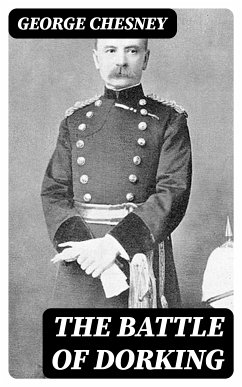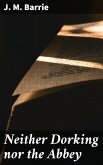In "The Battle of Dorking," George Chesney crafts a compelling narrative that blends speculative fiction with vivid descriptions of a potential military conflict in Britain. Written in the wake of the Boer War, the novella serves as both a cautionary tale and a commentary on the vulnerabilities of the British Empire, employing a realistic style that reflects the fears and anxieties of the era. Chesney's work utilizes the epistolary format to present a near-future Britain facing an imagined invasion, underscoring the themes of national identity, resilience, and the sociopolitical implications of warfare. George Chesney, a British author and military strategist, drew upon his own experiences and knowledge of contemporary military affairs to create this groundbreaking work. His background in the Royal Engineers and his observations of military movements during the late 19th century shaped his narrative, allowing him to articulate the profound consequences of complacency in defense policy. Written in 1871, "The Battle of Dorking" reflects the zeitgeist of Victorian Britain, marked by imperialistic ambitions and the looming specter of foreign threats. This novella is recommended for readers interested in military history, Victorian literature, or the geopolitical anxieties of the 19th century. Chesney's thought-provoking prose not only entertains but also challenges contemporary audiences to ponder the delicate balance of power and security, making it a must-read for anyone engaged in discussions about national defense and identity.
Dieser Download kann aus rechtlichen Gründen nur mit Rechnungsadresse in A, B, BG, CY, CZ, D, DK, EW, E, FIN, F, GR, H, IRL, I, LT, L, LR, M, NL, PL, P, R, S, SLO, SK ausgeliefert werden.









